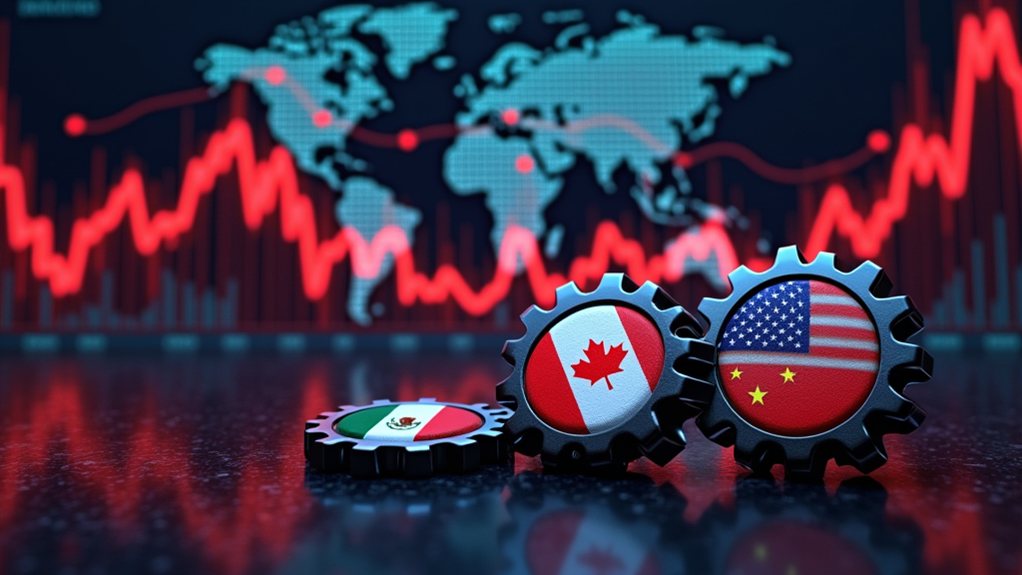In a surprising move, former President Donald Trump announced a one-month exemption from tariffs for U.S. automakers, including Ford, GM, and Stellantis. This decision follows discussions Trump held with leaders from the "big three" auto companies. The exemption will offer temporary relief from the 25% tariffs imposed on imports from Canada and Mexico. It is set to begin immediately and will end on April 2, 2025.
The rationale behind this exemption is to prevent U.S. automakers from facing economic disadvantages. Top executives from the industry had requested this relief to ease the shift and allow time for necessary adjustments. Trump's move recognizes the importance of North American supply chains in the auto industry. This temporary measure is meant to support U.S. production while still pushing for more domestic manufacturing. Tariffs likely to escalate costs for automakers, so this exemption provides short-term relief to automakers, allowing them to continue utilizing their existing supply chains. It helps avoid immediate price hikes on vehicles, giving companies time to devise long-term strategies. Maintaining a competitive edge against foreign manufacturers is vital for the U.S. auto industry. Additionally, the exemption reflects the administration's collaboration with automakers to mitigate potential economic fallout.
The exemption aims to prevent economic disadvantages for U.S. automakers while supporting domestic production and acknowledging North American supply chains.
Despite this exemption, the 25% tariffs on other imports from Canada and Mexico will still apply. Additionally, the 20% tariff on Chinese imports remains unchanged. This decision is part of Trump's broader trade and economic policy, which aims to control the flow of fentanyl and address national security concerns. However, it creates uncertainty in business planning and financial markets.
The auto industry has expressed concerns that prolonged tariffs could lead to billions in lost profits and significant job losses. Long-term tariffs may also raise vehicle prices by thousands of dollars. Disruptions to integrated North American supply chains could give non-North American competitors an advantage.
The White House emphasizes that tariffs are central to its economic policy but signals that there won't be long-term exceptions after April 2.









